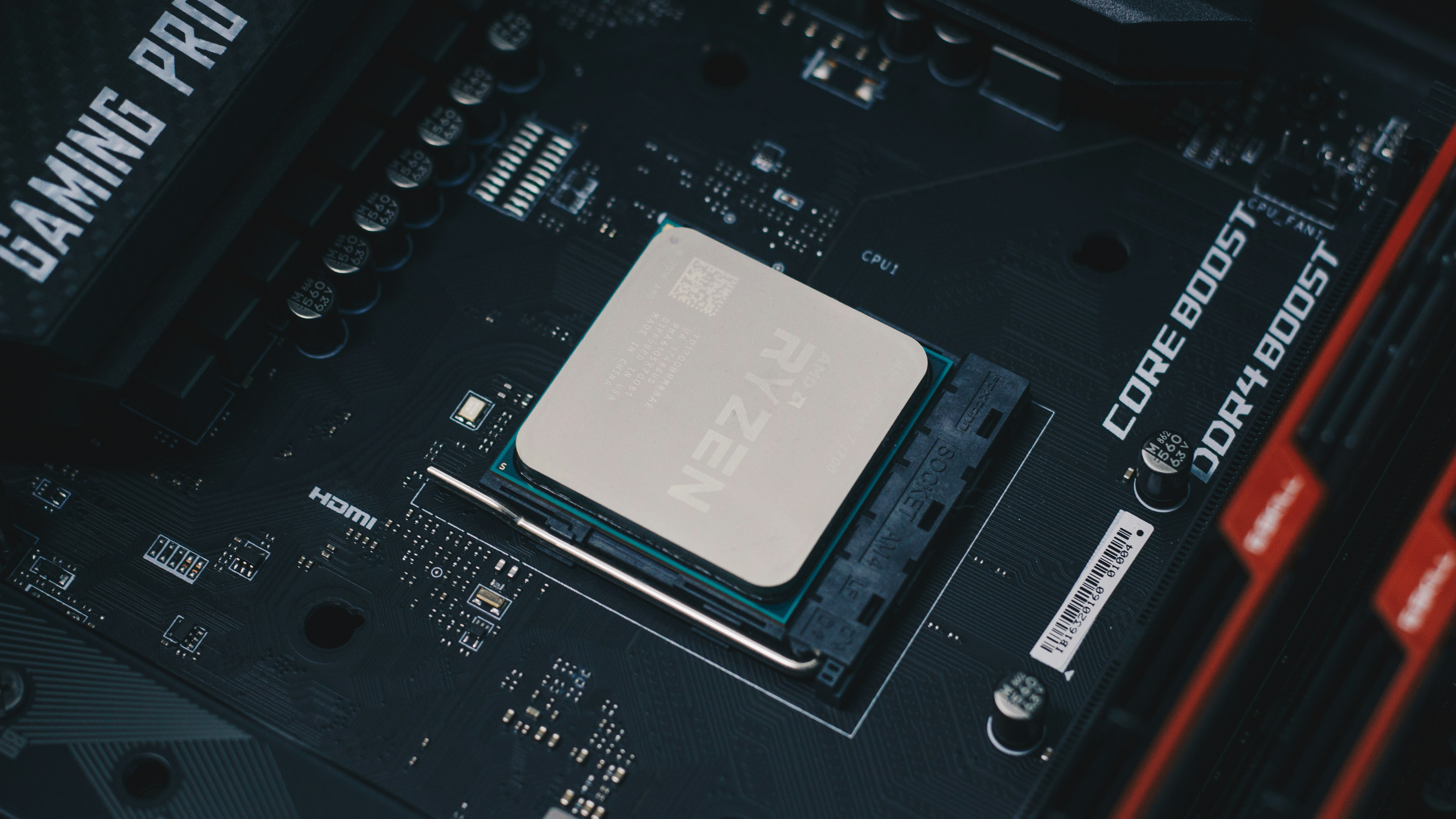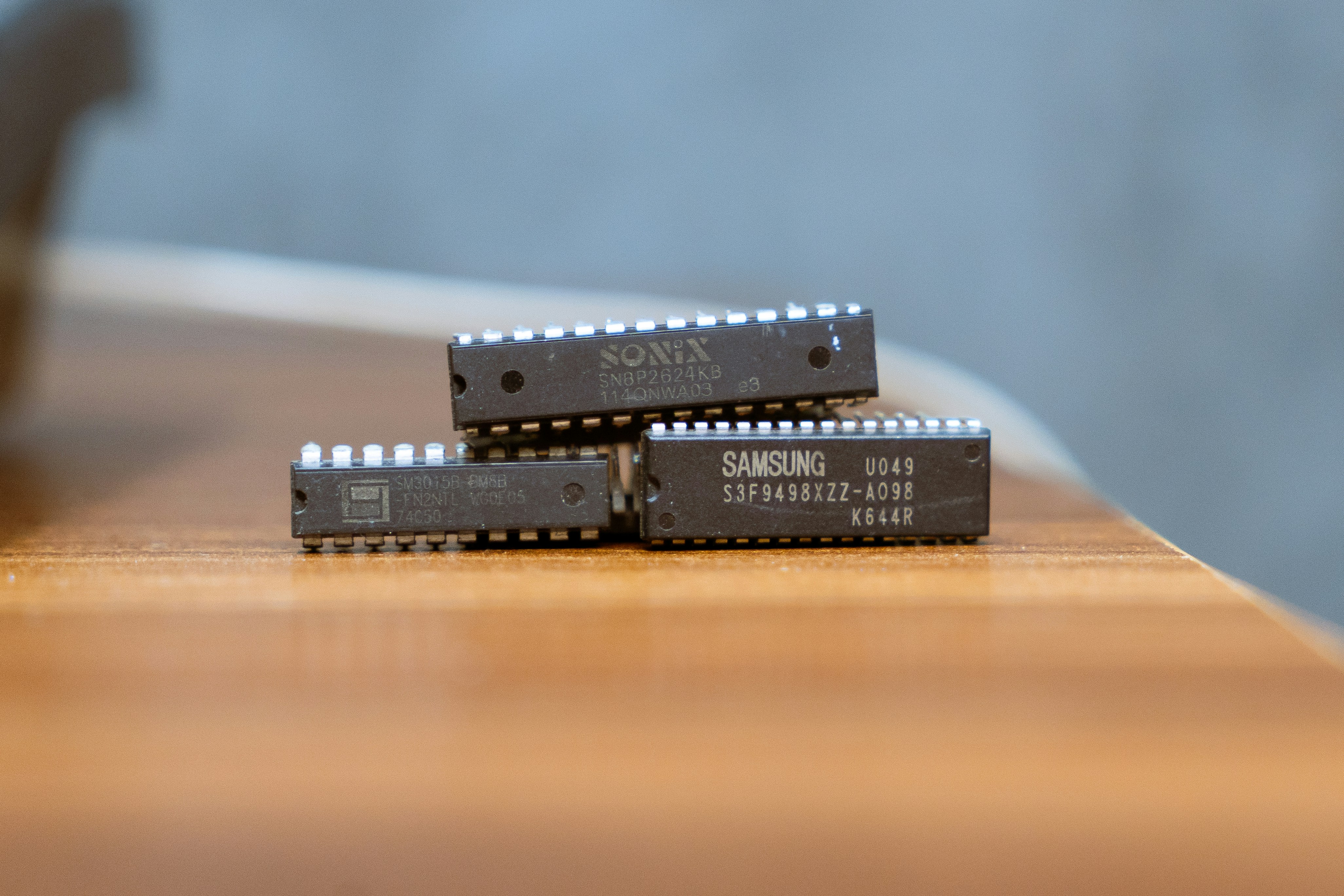
Pre-Employment Checks for Semiconductor Jobs: DBS, References & Right-to-Work and more Explained
The semiconductor industry represents the foundation of modern technology, with semiconductor professionals playing crucial roles in designing, manufacturing, and advancing the microchips that power everything from smartphones and computers to automotive systems and critical infrastructure. As semiconductors become increasingly strategic to national security and economic competitiveness, pre-employment screening processes have become increasingly rigorous and comprehensive. Semiconductor careers span diverse environments from leading-edge fabrication facilities and design houses to equipment manufacturers, materials suppliers, and emerging compound semiconductor companies. Each sector brings unique screening requirements reflecting the strategic sensitivity of semiconductor technologies, the precision demands of nanoscale manufacturing, and the critical importance of maintaining both intellectual property protection and manufacturing quality standards. Understanding semiconductor pre-employment screening helps professionals navigate career opportunities effectively whilst enabling employers to identify candidates capable of contributing to semiconductor innovation whilst maintaining appropriate security standards, manufacturing excellence, and technical precision. The screening processes examine not only technical semiconductor competencies but also manufacturing discipline, intellectual property awareness, and ability to work effectively in the highly regulated semiconductor ecosystem. This comprehensive guide examines the full spectrum of pre-employment screening practices across semiconductor careers, from basic right-to-work verification through enhanced security clearance processes, technical competency assessment, and industry-specific requirements. Whether pursuing opportunities in chip design, wafer fabrication, process engineering, or semiconductor research leadership, understanding these screening processes enables semiconductor professionals to prepare effectively and advance their careers successfully. The semiconductor sector's unique combination of cutting-edge technology, manufacturing precision, and strategic importance creates screening requirements that reflect both the technical demands of nanoscale engineering and the security considerations of strategically critical technologies. These processes ultimately support the continued advancement of semiconductors by ensuring high professional standards and technical competence necessary for breakthrough semiconductor innovation and responsible technology development.

